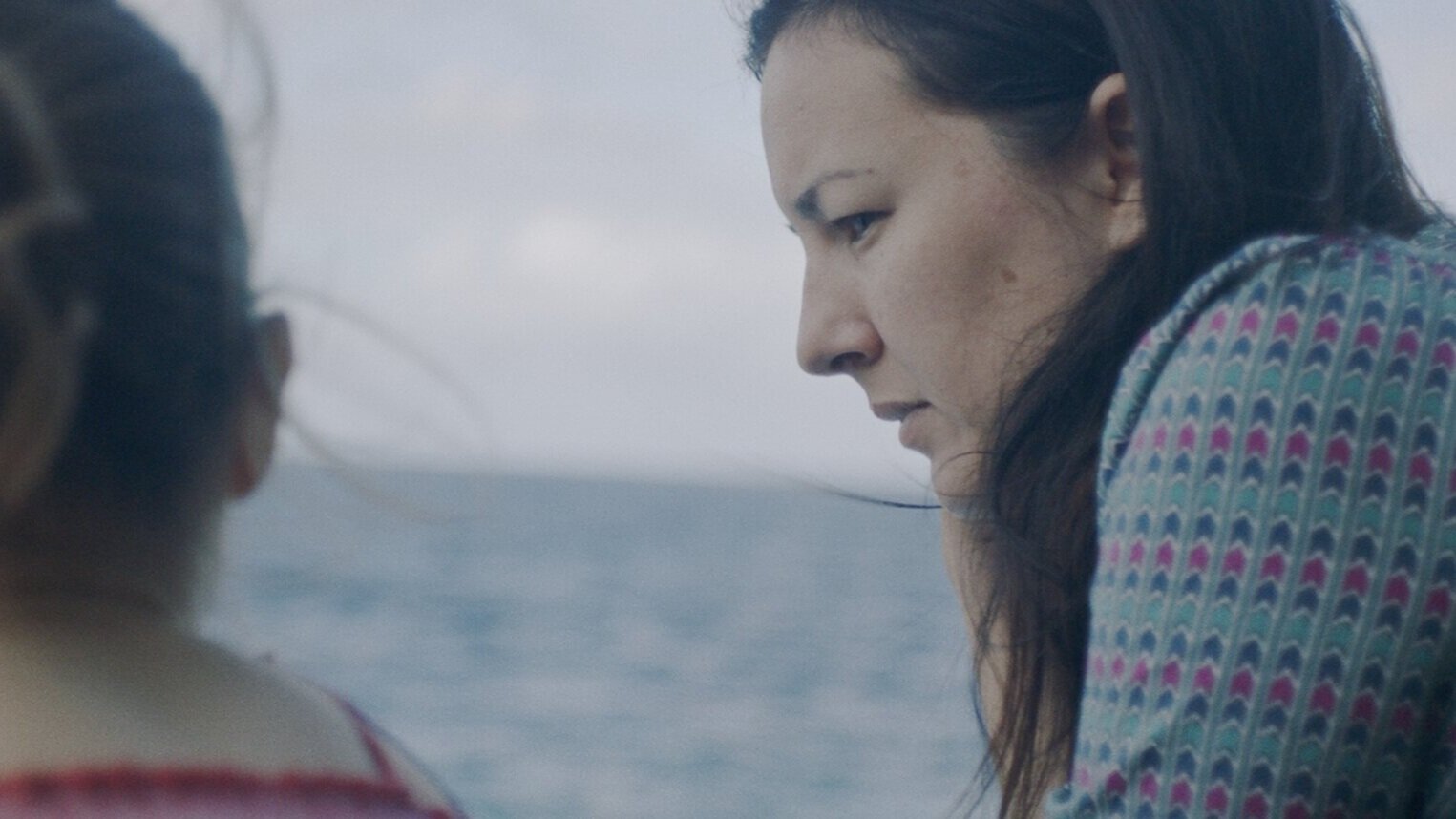Island of the Hungry Ghosts
An irritating film which even so contains outstanding and moving footage.
Shot on Christmas Island, that territory off the coast of Indonesia that belongs to Australia, it does not seem too much of an exaggeration to suggest that this documentary feature by Gabrielle Brady, admirably photographed by Michael Latham, comprises three films in one. Its title refers to the belief of the islanders that rituals are needed to appease the hungry ghosts that exist there, these being the spirits of those long dead but never buried. That is certainly touched on in the film but in addition Brady show us how great care is taken to help the migration of the abundant red crabs traversing the island to reach the sea: the sight of them crossing roads on which traffic is prohibited or controlled for their safety yields some memorable images. However, neither element is central.
What we actually have here is a film which, by putting at its centre the work of trauma therapist Poh Lin Lee, is essentially a piece about asylum seekers and the way in which those of them who reach Christmas Island are kept in a detention centre. Their time there may be a matter of weeks or months. Lacking even the certainty that exists with a set prison sentence, these inmates really need the therapy that Poh Lin Lee provides and yet it is quite common for her to learn that a patient's appointment has been cancelled: often these people are suddenly moved on and frequently the authorities refuse to explain what has happened.
At its best Island of the Hungry Ghosts is remarkable. In contrast to the wide range inherent in 2017's Human Flow, Ai Wei Wei's poignant study of refugees seeking a new life, Brady concentrates on Poh Lin Lee and a handful of her clients. This approach is up close and personal and, not least in a sequence featuring a young man separated from his sick mother, it has an unforgettable impact. That being so, the fact that Brady's film often seems so inept in other respects is extremely disappointing. Frequent returns to the footage featuring the crabs emphasises the care taken over them in contrast to the treatment of the detainees and at times the swarming crabs do indeed offer a visual parallel to the vast tide of immigrants. But to make this point repeatedly and at such length feels excessive and, if a comparable comparison is intended in showing too the care of the islanders for the dead spirits, it seems even more remote and unnecessary.
Furthermore, Brady starts her film with a dramatised sequence that conflicts with standard documentary technique and adopts that style again once Poh Lin Lee's situation reaches a crisis point, but both times it feels at odds with the tone of the rest of the film. The lack of any commentary adds to the sense of this being an inconsequential film: Poh Lin Lee is central enough to justify the portrait that emerges of her family (a French speaking husband, two young daughters) but we never get any details of the family history and an episode in which we see the family going camping is all too characteristic of the film's lack of cohesion.
There is a lot here that infuriated me but, as against that, many scenes with the focus firmly on the asylum seekers and on Poh Lin Lee's attempts to help them demand to be seen.
MANSEL STIMPSON
Featuring Poh Lin Lee, Arthur Floret, Poppy Floret, Albertine Floret, Michaelia France, Kelvin Kok Bin Lee, Christine Cummins, Azmi Yon, Susan Ong, Albert Eng, Shu Chiang, Harry Wong, Chris Su.
Dir Gabrielle Brady, Pro Alexander Wadouh, Sam Haillay, Gabrielle Brady and Alex Kelly, Screenplay Gabrielle Brady, Ph Michael Latham, Ed Katharina Fiedler, Music Aaron Cupples.
BFI/Chromosom Film/Third Films/Echotango/WDR-HOME Artist Film.
98 mins. Germany/UK. 2018. Rel: 11 January 2019. Cert. 12A.


